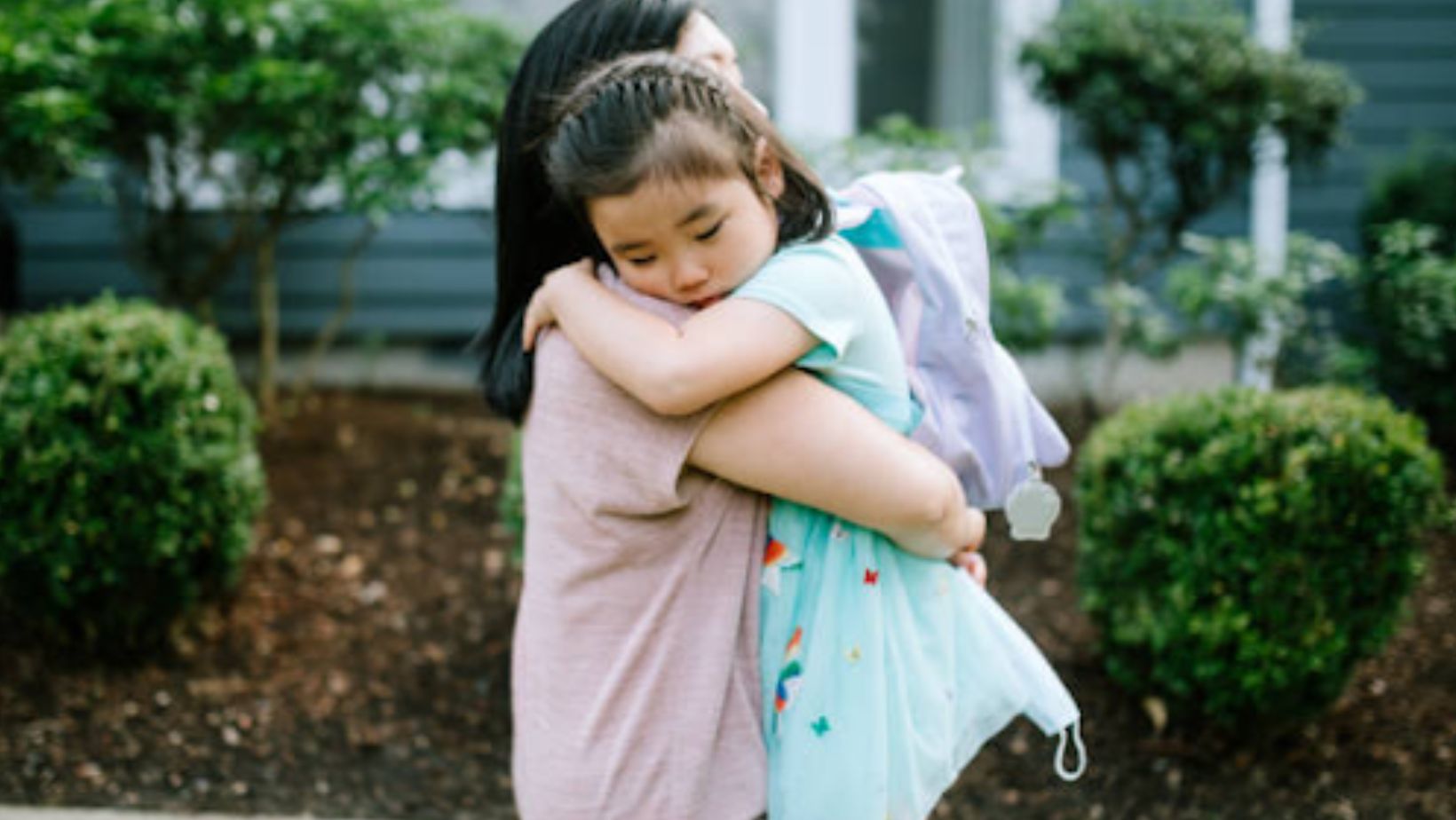
Childhood doesn’t only give you memories — both traumatic and pleasant — it also shapes the way you interact with the world, the beliefs you hold about yourself and others, and the way you process and express anger.
Your brain develops during those early years, and if trauma like neglect and abuse are ever-present companions, then your anger turns into the core survival tool. Here is how.
How Does Childhood Shape Emotional Reactions?
Childhood is like the bootcamp where you learn how to deal with big feelings. And if the environment you grew up in was full of support and stability, then the causes of anger will be more situational and temporary for you. Why? Because unlike those poor kids for whom their unstable parents never modeled healthy self-regulation, you always know why something or someone made you angry and can step into the problem-solving mode faster.
On the other hand, if your developing years were full of neglect, hostility, and stress, anger might be the only emotional response you’ve learnt. And if you check mental health app reviews online, including Liven app review, the number of adults who were traumatized as children and now are looking for help and guidance will sincerely surprise you. And yes, a huge part of those adults are struggling with anger management issues.
Here is what might have happened in your childhood:
- You grew up in a home where yelling, hostility, and emotional instability of the adults around you was considered a norm;
- The caregivers consistently dismissed or ignored your emotions. Most often, kids who grew up in such environments resort to passive aggression and stonewalling as adults because they were never taught how to have difficult conversations;
- You grew up with strict authoritarian parents who never considered your opinions and desires.
#1: Childhood Trauma And Stress Oversensitize Amygdala
Amygdala is your brain’s threat detection center that has a noble goal to keep you safe your entire life. But chaotic and threatening childhood environments make your amygdala hypersensitive, which means it keeps scanning for danger even when there’s none. And yes, this ‘false alarm’ is superexhausting to your nervous system and makes it incredibly hard to stay calm.
Interesting fact: Studies show that adults with a history of childhood trauma often have an enlarged and hyperactive amygdala —- these individuals are 70% more likely to develop anger issues and anxiety disorders.
#2: Emotional Regulation Never Develops
It’s your caregivers’ job to model the proper behavior for you and teach you how to name and tame your emotions. Sure, little modeling happened if your caregivers were emotionally unavailable. Now you don’t know how to calm down and every emotion feels huge and uncontrollable.
Now let’s talk about your prefrontal cortex. As the brain’s center of reasoning and self-regulation, the prefrontal cortex might be weak or underdeveloped if one spent their childhood in chaotic environments. This means those ‘cool-down” circuits were never built: the prefrontal cortex can’t properly regulate amygdala’s responses, and the brain’s threat detection center runs the parade.
The encouraging news? One can build self-regulation skills with mindful practice and supportive guidance, including therapy.
Interesting fact: Long-term studies show that individuals exposed to chronic childhood stress are at 3 times greater risk of developing emotional dysregulation disorders.
#3: The Brain Gets Unbalanced
Childhood stress literally reshapes your brain. According to multiple neuroimaging studies, childhood trauma survivors have a lower prefrontal cortex activity, meaning that their brain fails to suppress amygdala reactions. These kids grow later into adults who snap at others and explode easily because of the slightest inconveniences and frustrations like a long line at the grocery store or a minor mistake from a coworker.
Interesting fact: Neuroimaging studies show that childhood trauma survivors experience up to 8% reduction in hippocampal volume, the brain structure involved in memory and emotion regulation.
#4: The Lack Of Protection Creates The Need To Control
In unsafe and unpredictable environments, kids often learn early that control through anger is a shield.
As adults, they might feel a strong need to control people and situations. Why? Because control feels like the only substitute for the safety that was missing in childhood. And, sure, they use anger to enforce that control, whether this means snapping at a partner or lashing out at work.

Interesting fact: Around 40% of adults who experienced childhood abuse report using anger and control as primary coping strategies in relationships.
#5: Anger Masks Deeper Emotions Related To Trauma
So often anger is a surface emotion masking deeper wounds — and those wounds come with far less powerful emotions like sadness, shame, or fear. Unlike anger, these emotions aren’t proactive and certainly don’t give one the control over the situation. No one wants to feel weak, vulnerable, and helpless, right?
Simply put, anger is a learned response because showing sadness or fear was a sign of weakness in the environment where childhood trauma survivors grew up. So now, they subconsciously turn to anger to never let others see their vulnerabilities.
Interesting fact: Nearly 70% of trauma survivors initially report anger as their most frequent emotion, which covers up sadness, fear, and shame.
When To See A Therapist
If your anger feels like it controls you instead of the other way around, it may be time to seek support. You might benefit from therapy if:
- Anger outbursts are harming your relationships or career;
- You feel “on edge” most of the time and can’t calm down;
- Small frustrations trigger big emotions;
- Anger often leaves you feeling guilty, ashamed, or out of control.
Cognitive behavioral therapy (CBT), trauma-focused approaches, and mindfulness practices can help you develop self-regulation skills and lower anger intensity over time.
Final Thoughts
Childhood trauma and stress reshape your brain and nervous system, making anger a default response to even the slightest stressor. But science also shows that you can develop self-regulation skills later in life with awareness, therapy, and self-compassion. Why? Because your brain can rewire, grow, and adapt at any age. So, stay patient.
You’ve got this!











